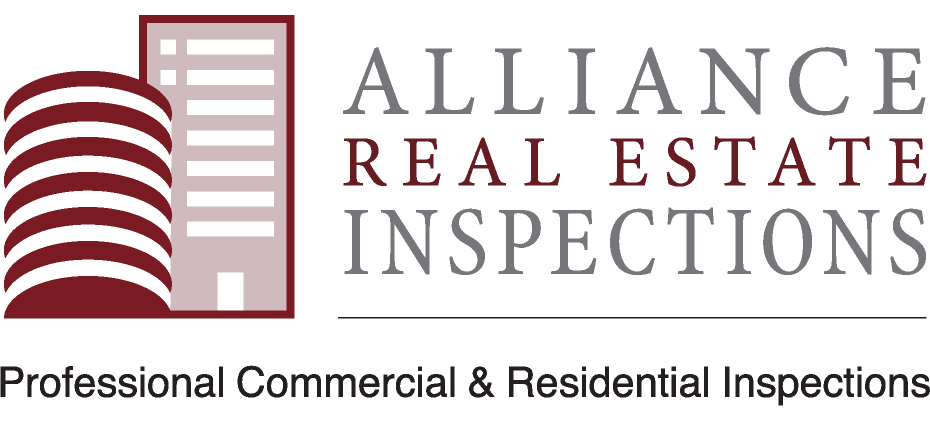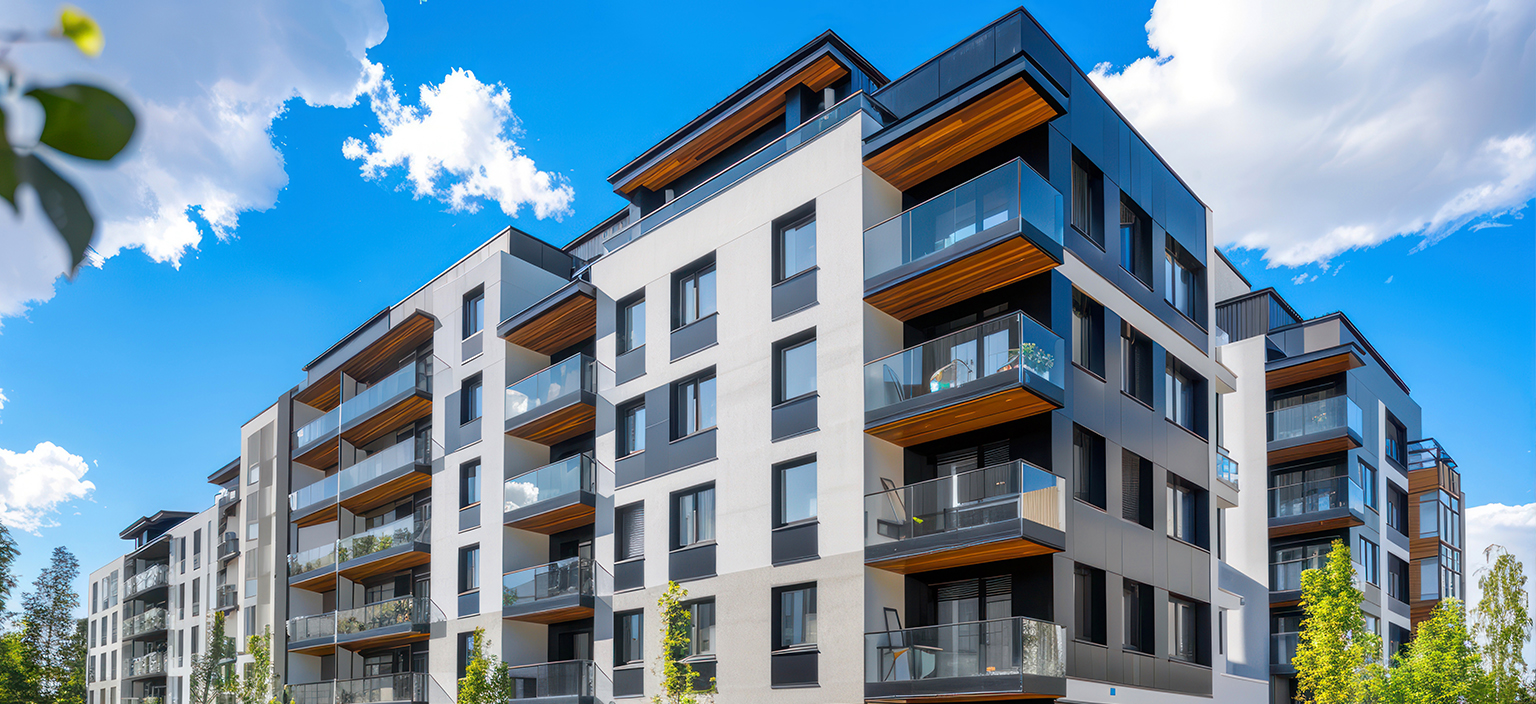
California SB 326 and SB 721 inspections
Inspections of balconies and elevated stairways, walkways, et cetera
Alliance Real Estate Inspections can conduct SB 326 and SB 721 inspections throughout all of California!
Call (818) 353-2885 for a quote!
Whether you own multifamily dwellings, you’re a property manager or you are part of an HOA, we’re here to answer your questions about California Senate Bills 326 and 721!
What is an Exterior Elevated Element (EEE)?
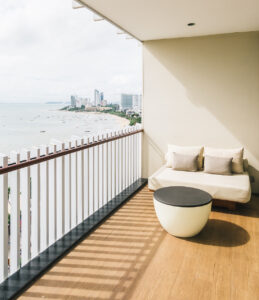
Both California SB 326 and SB 721 define Exterior Elevated Elements (EEEs) as:
- An exterior structure (includes their supports and railings) that extends beyond the exterior wall (which would mean there is no exterior wall directly under the structure, otherwise the portion underneath the EEE would then become an exterior wall and this statute specifically states that the structure extends beyond the exterior wall).
- It is elevated more than six feet above ground level (if there is a unit or garage under a deck, then the deck is not elevated above ground level because there is a structure directly below it).
- An exterior elevated element is designed for human occupancy and use. If you have a protrusion that extends from a window, but it is not intended to be walked on or occupied, then neither statute applies.
How did SB 326 and SB 721 come about?
Both bills attempted to address the same safety issue after a tragedy in 2015 when a Berkeley balcony collapsed.
The purpose of the inspection is to identify hazardous conditions due to fungus, deterioration, decay, et cetera. Only wood and wood-based structures must be inspected by January 2025 to be SB 326 or SB 721 compliant. This means that these laws do not apply to EEEs constructed with cement or steel as the support.
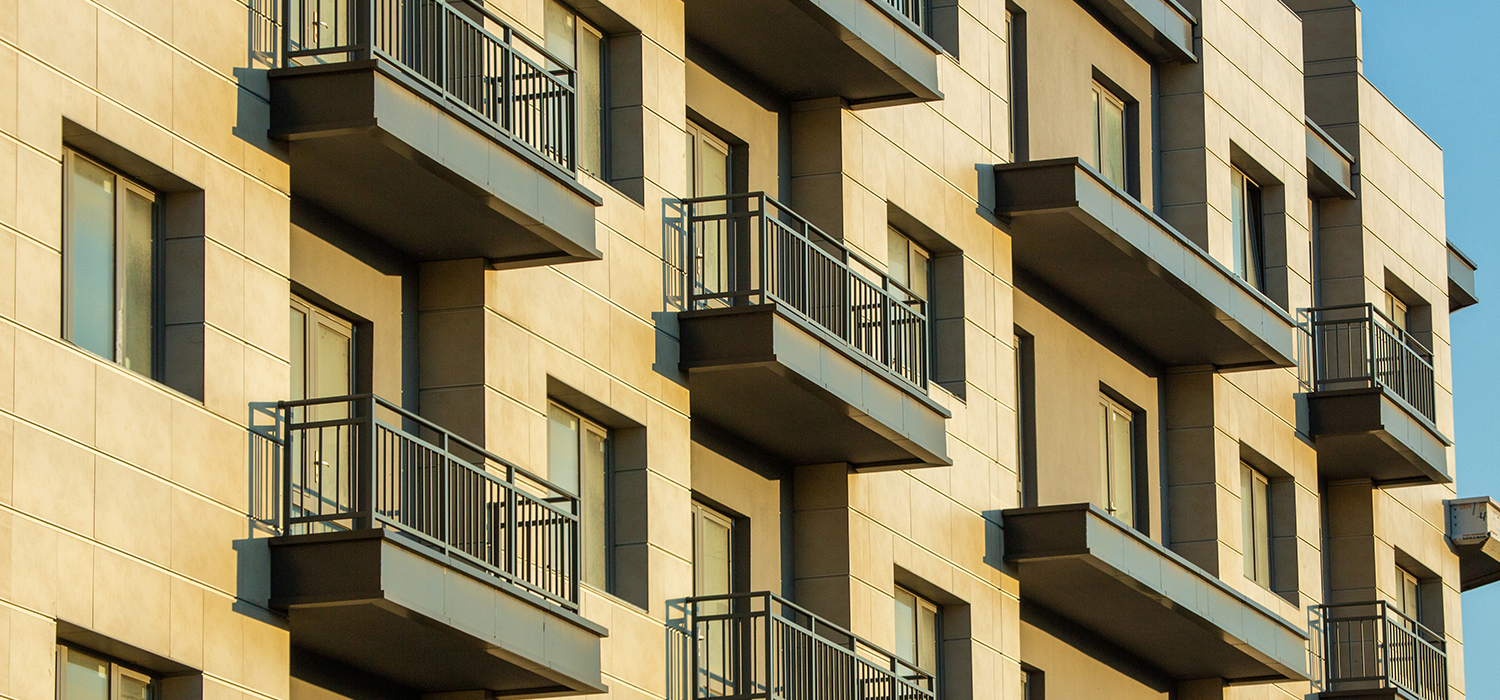
Are California Senate Bills 326 and 721 basically the same thing?
Yes and no. SB 326 applies to HOAs. SB 721 applies to apartment owners. There are several other differences between the two bills. Read on to learn more!
When will these laws go into effect?
Although SB 721 was passed September 17, 2018 and SB 326 was passed August 30, 2019, both laws go into effect January 1, 2025 — with a deadline for all inspections to be completed by January 1, 2025. We recommend getting any inspections done as soon as possible, since many inspectors will likely get busier and busier as the deadline approaches.
Which inspectors are qualified to perform SB 326 and SB 721 inspections?
SB 721 for building owners requires all inspections be performed by “licensed architect; licensed civil or structural engineer; a building contractor holding any or all of the “A,” “B,” or “C-5” license classifications issued by the Contractors’ State License Board, with a minimum of five years’ experience, as a holder of the aforementioned classifications or licenses, in constructing multistory wood frame buildings”
Not just anyone can legally perform these inspections.
SB 326 for HOAs is even more specific and requires all inspections be done “by a licensed structural engineer or architect.” The statute does not give any other options. Since most EEE inspectors are not architects or engineers, per SB 326 they are not qualified to perform EEE inspections for HOAs. We recommend doing your due diligence and making sure any company you hire has an architect or engineer involved in the inspection of a building for an HOA and this will ensure you are SB 326 compliant.
Alliance inspections will conduct SB 326 and SB 721 inspections per the statute requirements. We conduct all SB 326 compliant inspections in coordination with a licensed engineer.
Can the EEE inspector do the necessary repairs?
No. SB 721 states: “No recommended repair shall be performed by a licensed contractor serving as the inspector.” Although SB 326 does not stipulate who can perform repairs, CA SB 1357 (passed in 2017) prevents inspectors from performing repairs within 12 months of conducting an inspection on a property.
What types of EEE inspections are available and how intrusive are these inspections?
The statutes only require that the evaluation be done “… by direct visual examination or comparable means of evaluating their performance.” Every company has their own Scope of Inspection. Most companies are non-intrusive and non-evasive, which means they will not compromise the structure in any way. Some inspectors may drill into portions of the EEE to view inside and other inspection companies may use even more destructive means. The more invasive the inspection and the more work the inspector does onsite, the higher the fee will likely be.
Alliance Inspections performs the inspection per the statute guideline. Whether or not we drill or bore into the structure depends on the situation. Occasionally, we may recommend material be removed in order to view inside the structure and then the inspector would return to the site (for an additional fee) to view what is now exposed.
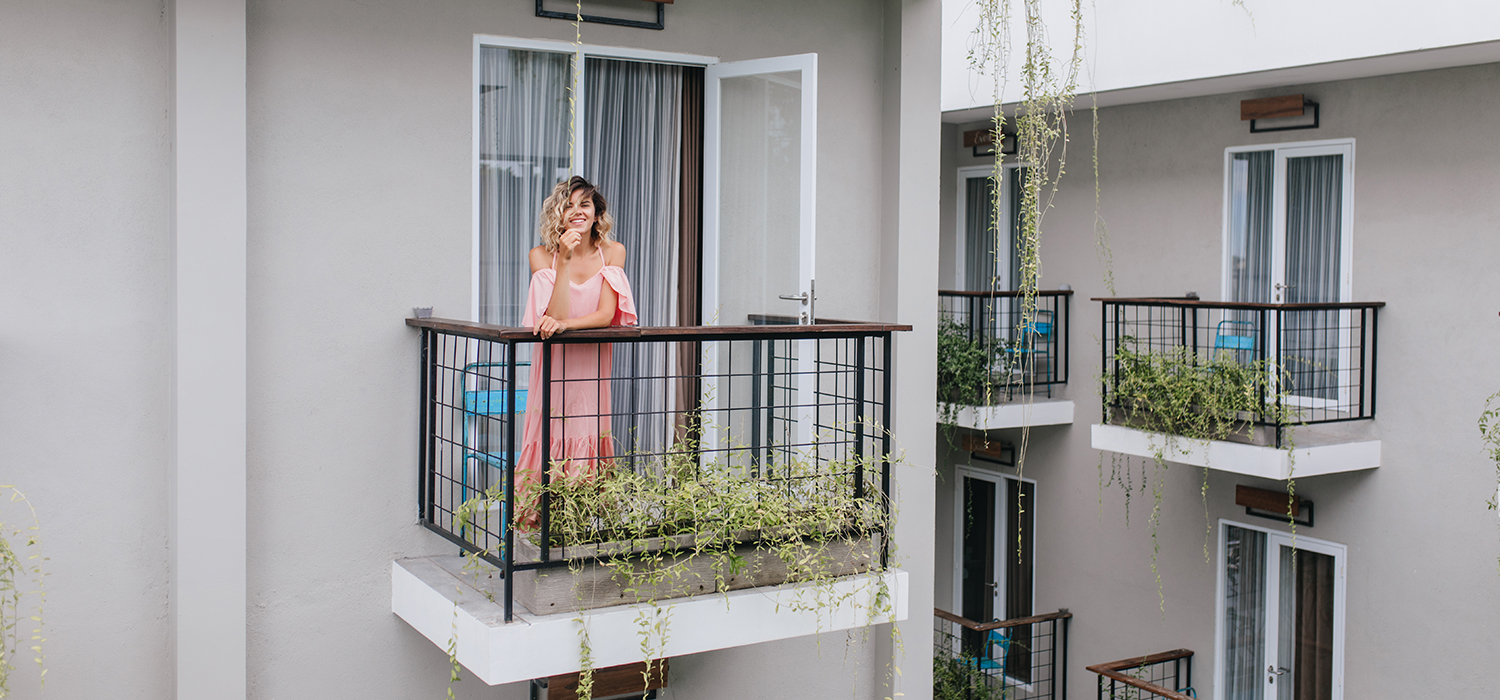
How many of the decks or balconies must be inspected?
Both SB 326 and SB 721 state that 15% of each type of EEE must be inspected. For instance, if you have eight balconies, 15% would be 1.2 so you would need to have 2 of them inspected. If you have 100 balconies, 8 walkways and 4 stairs, you must get 15 balconies inspected, 2 walkways and 1 stair inspected.
Is there anything else required after the repairs are completed?
SB 721 Section 2.2 (a) m. does refer to a follow-up inspection: “A complete copy of the inspection report and written confirmation by the inspector that any repairs or replacements recommended by the inspector have been completed…”
SB 326 Section 5551 (g) (1) “… until repairs have been inspected and approved by the local enforcement agency.”
In summary, SB 721 for apartment owners requires their inspector to return and verify that repairs were properly completed but SB 326 requires the repair verification to be done by the local enforcement agency.
How often must the inspection be done?
SB 721 for apartment owners requires that the building be inspected every six years. SB 326 requires the HOA get the building inspected every nine years.
How long must a building’s inspection reports be kept?
You are required to save all reports from “not less than two inspections cycles.”
Alliance Real Estate Inspections can conduct SB 326 and SB 721 inspections throughout all of California!
Call (818) 353-2885 for a quote!
